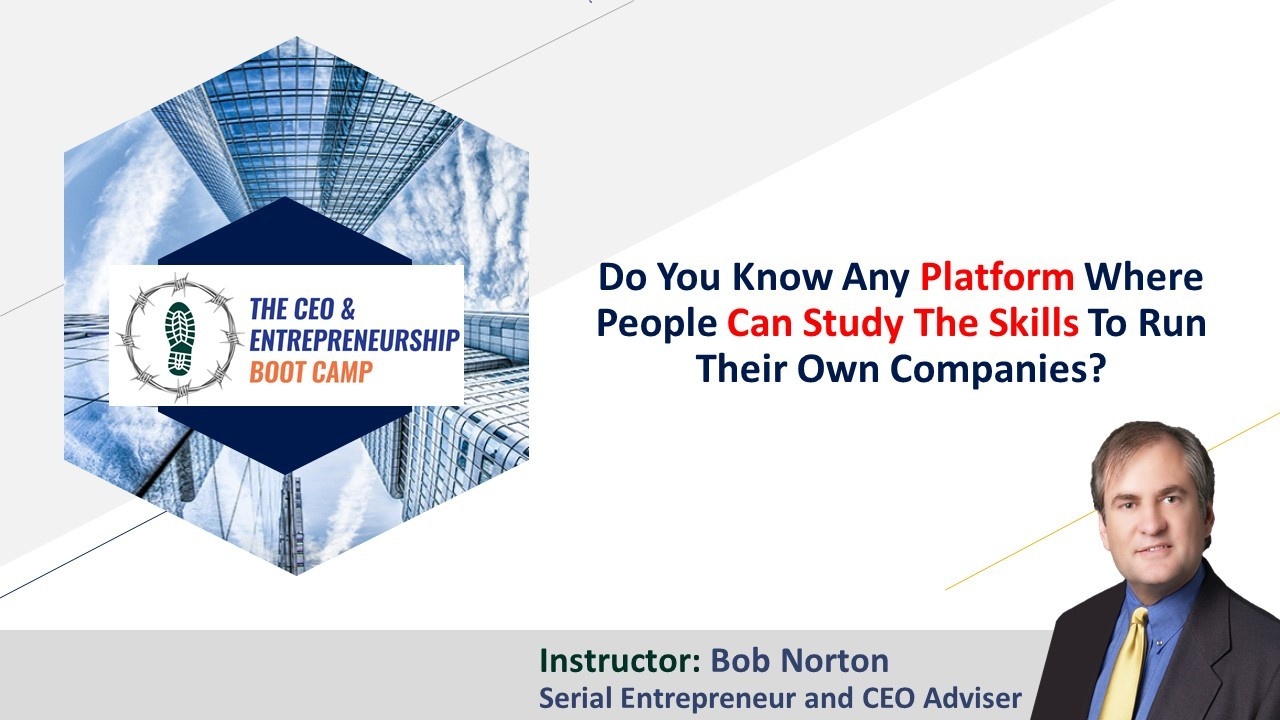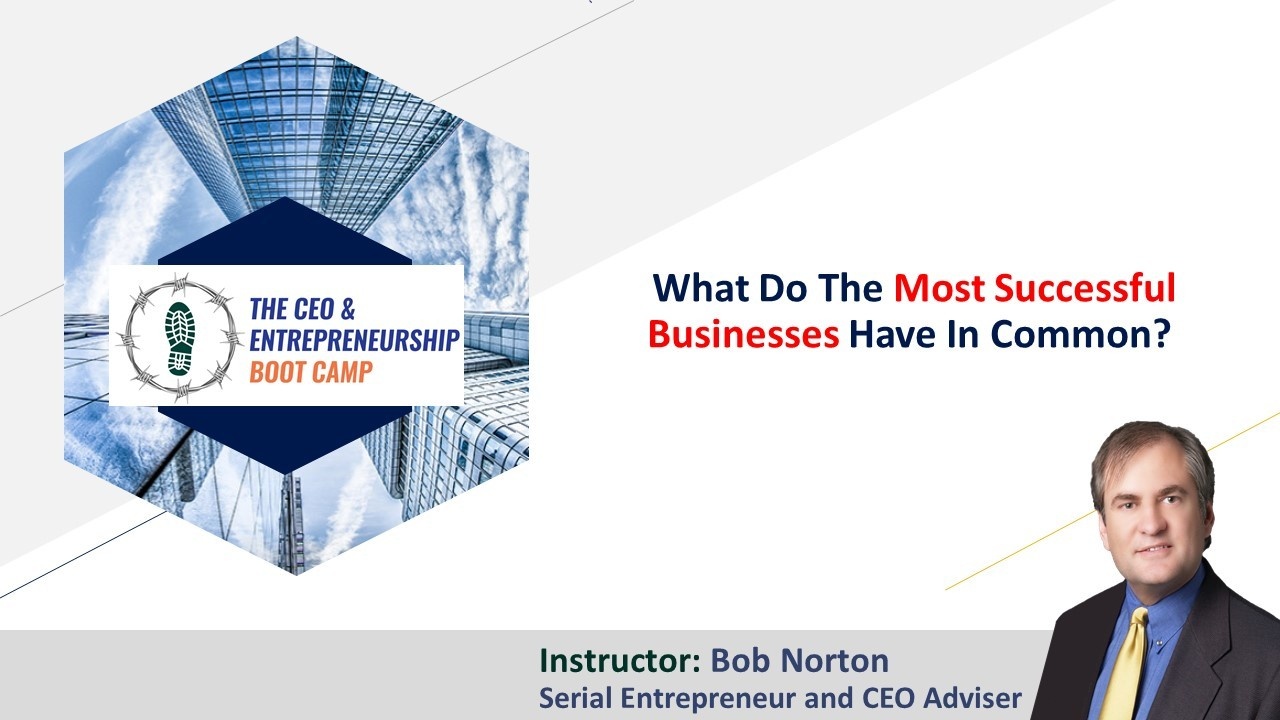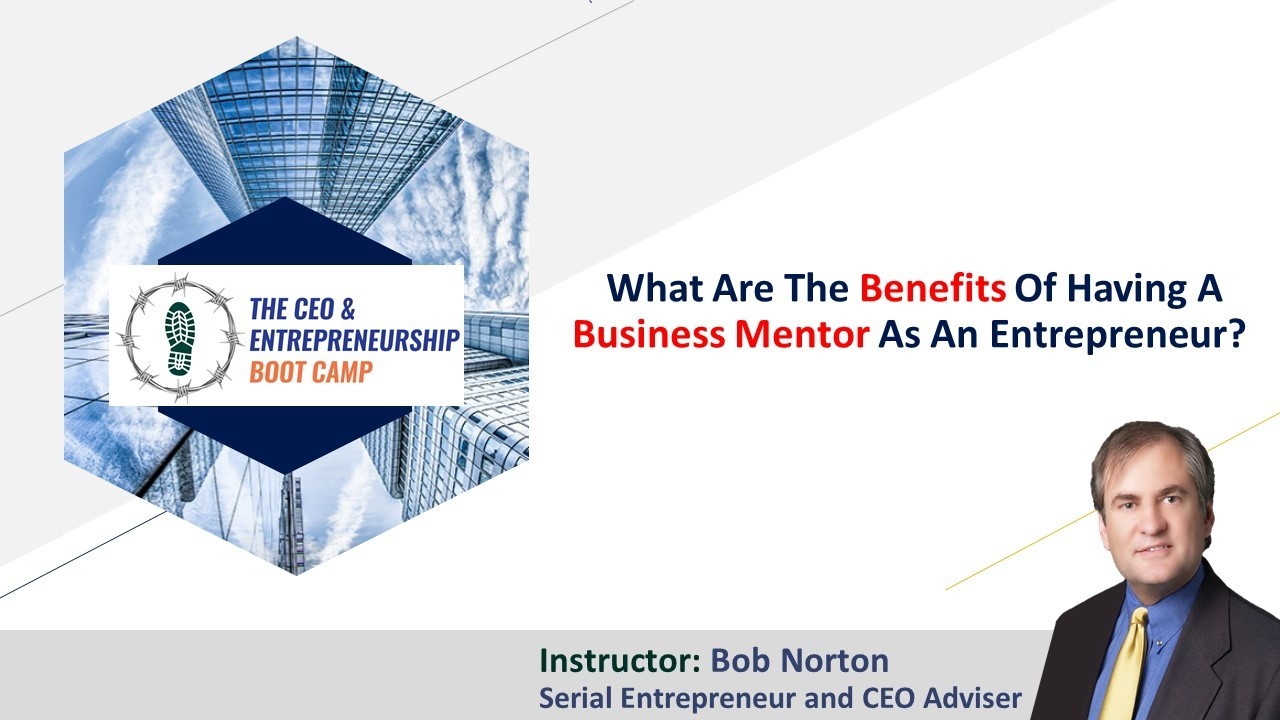How long does it take to prepare to become a founder?

I spent 10+ years preparing to launch my first big company opportunity at age twenty-nine. Having already started four different businesses before I finished high school, I had some basic experience and knowledge. I worked as a software engineer in my first full-time job after college. I worked on both mainframes and the first major Apple computer (Apple II). I then quickly move up the ranks to Senior Software Engineer, Architect and Vice President of Engineering by year five of my professional career. That is exceptionally fast because I read every book available, did consulting on the side, worked long hours and had little social life. I also had the benefit of working in a newer field (microcomputers) where no one had five or ten years more experience than me because the field was new and rapidly changing too. I had been programming computers since age sixteen, which was rare then, so even starting my first job I had the equivalent of a couple of years full-time...
Do you know any platform where people can study the skills to run their own companies?

Yes, I personally have created two platforms with about 40 courses total for this purpose, and a third set of courses for executive teams preparing to scale a company. There are at least 30 skills an Entrepreneur/CEO should learn before founding a company, not that they can be expert at all or even most, but all these skills will be needed on a team.
We have trained thousands of CEOs from over 40 countries at The CEO Boot Camp since the first one in 2004. This program is for aspiring and active entrepreneurs to learn what they need to become good CEOs and entrepreneurs. It has 12 foundational courses on the things required to design a business, build a product and launch. We find even very experienced CEOs do not know 50% of what we teach there.
 | Learn more about our Growth and Scaling (GSP) |
| For a free video consultation call on what your |
The second platform unbundles all of...
What do the most successful businesses have in common?

This is a simple but good question, but does depend on what your definition of “successful” is, too. A lifestyle business is successful if it provides a decent living for the owner. Most freelancers, consultants and coaches are this kind of business. So are most local retail stores. They sell commodity products and services like millions of others.
To me, a successful business is one that can reach multi-millions in revenue, create jobs and has good margins for profit that can be reinvested to grow the business. This kind of business can grow exponentially and reach hundreds of millions in sales over time. These create true wealth and even generational wealth to leave to your children. And can have a big impact on the world too. What these businesses have in common, almost always, is:
- A differentiated product (or service) that provides high value to the customer compared to its cost.
- Barriers to entry that prevent hundreds, or thousands, of others from...
What are the benefits of having a business mentor as an entrepreneur?

There are too many to list individually, but most come from having someone with experience. People often confuse smart with experienced and think they can do anything new well. Science and logic says this is not possible with anything complex.
Few things are as complex as entrepreneurship. Hardly anyone would read a book on flying and hop in a plane alone to fly it. Or try to climb Mount Everest alone. But everyone thinks they can build a new business for some strange reason. As a result, we have an 85% failure rate of new businesses. Ones with coaches and mentors greatly outperform because they avoid the hundreds of common mistakes and pitfalls, some of which can be fatal to a business. These companies where the CEO and executives use coaches even outperform the S & P 500 (mature companies) by a wide margin. They are working on constant improvement of the team, which makes all the critical decisions. And this reduces turn-over, challenges people and gives them career growth...
What is Necessary for Due Diligence to be Prepared?

This varies by the amount of money being raised and stage of development of the company. I have posted a due diligence checklist on my blog, you can find for full detail.
Any amount over $1M will likely require substantial look into all company officers, financial statements, customer records in addition to review of the company’s business plan and product(s). Expect serious investors to ask about everything you can imagine. And the more open you are, the better. Although VC will likely refuse to sign NDAs as many of these would place too many constraints on them over time, this does allow you to withhold some trade secrets and protect your “secret sauce”. This could be your source code, trade secrets and algorithms or other secrets you do not want to expose to competitors. This is a big gray area and negotiable, but you should be careful, as VCs are not prevented from investing in your competitors after pulling out of your deal. And they can legally transfer...
Everyone Wants to Be an Entrepreneur

By Arielle Pardes
Applications for new businesses rose 20 percent last year, after languishing for a decade. Many newly minted founders attribute it to the pandemic.
ANGELA MUHWEZI-HALL HAD a startup idea long before the pandemic—it just never seemed like the right time. She had a steady job at a university, a 401(k), and the ability to take paid time off. Then came March 2020. As the university shut down and Muhwezi-Hall retreated to work from home, she started to think about making the leap.
What she wanted to build was a job platform for service workers. While the idea was old, the timing was suddenly perfect: Millions of service workers had just been laid off and were looking for new jobs. She recruited her sister, Deborah Gladney, to help build a prototype. By August, the sisters had quit their full-time jobs to work on the startup, QuickHire.
Muhwezi-Hall and Gladney are part of a rising tide of first-time entrepreneurs. In 2021, more than 5.4 million applications...
How Do I Introduce Myself as a New Manager?

First, you learn the difference between “there” (a place) and “their” possessive plural. If you lack written skills, it will be easy to lose the respect of others that have them. In fact, it could become a joke that prevents anyone from respecting you unless you work in the mafia. I say this because this question was sent to me in writing, and this is a pretty common error that says your English/ written skills are bad. Written skills are critical. You must be concise, unambiguous, clear and more.
I just recently had a contractor set a Google Ads budget at a much higher rate than I had said to him in an email I sent. I thought that I was 100% clear, but his interpretation was a daily number now, instead of a total for today. Oops! That mistake cost over $1,000 in extra ad spend before I even knew it happened. So even with 30+ years of management experience, I am still making mistakes. I read more into the contractor's...
Are You Losing Money on Graduate Degrees?

A new report finds that STEM programs and professional degrees often pay off, while those in arts and humanities frequently do not. Many M.B.A. programs also offer a negative return on investment.
It’s no secret that some advanced degrees don’t pay off. But a new report from the Foundation for Research on Equal Opportunity offers some surprising insights—including that 60 percent of M.B.A.s and other business-related master’s degrees fail to provide a positive return.
The report, “Is Graduate School Worth It? A Comprehensive Return on Investment Analysis,” analyzes data for nearly 14,000 graduate degrees—11,600 master’s degrees plus 2,300 doctoral and professional degrees—at 1,441 universities.
“I think one of the biggest takeaways is the results for master’s degrees. We find that 40 percent of master’s degrees show negative ROI, that they do not have financial value after accounting for the cost of...
MBA Student Testifies In Rankings Fraud Trial

‘I Paid For Fine Dining, But I Got McDonald’s’: MBA Student Testifies In Rankings Fraud Trial
Kristy Bleizeffer

Ousted Temple Fox Dean Moshe Porat
After nearly three years and almost $120,000 in federal loans, Ibrahim Fetahi says his degree from Temple University’s Richard J. Fox School of Business and Management is not worth the hefty investment nor his nearly $100,000 in outstanding debt.
“In my mind, I paid for fine dining, but I got McDonald’s. Yes, I got food, but I didn’t get the quality I paid for, or the service,” Fetahi testified today (November 10) in the federal criminal trial of Moshe Porat.
Porat is the former Fox dean
accused of cheating on several U.S. News & World Report rankings, leading to four consecutive national No. 1 online MBA rankings before the scheme unraveled in January 2018. The trial resumed today (November 10) in the Eastern District of Pennsylvania district court following...
Finding Out What You Don't Know You Don't Know

What gets most early-stage companies in trouble is the areas that they just don't understand, that they don't know enough about. In other words, the biggest problem is that they don't know what they don't know. Nearly every failed company will say they ran out of cash, couldn't raise enough capital, or just did not get the sales they expected quickly enough. But these situations are generally the effect, not the cause. Generally speaking, other problems that the company or entrepreneur does not understand very well are usually the root cause. This situation is actually far more dangerous than just not knowing because you cannot tackle a problem that you do not even know exists. The best entrepreneurs and CEOs are learning machines and understand what they do not know. I call this the Prudent CEO or person that appreciates the fact that the last Renaissance man, or woman, existed hundreds of years ago. In this day and age, there is just way too much...



